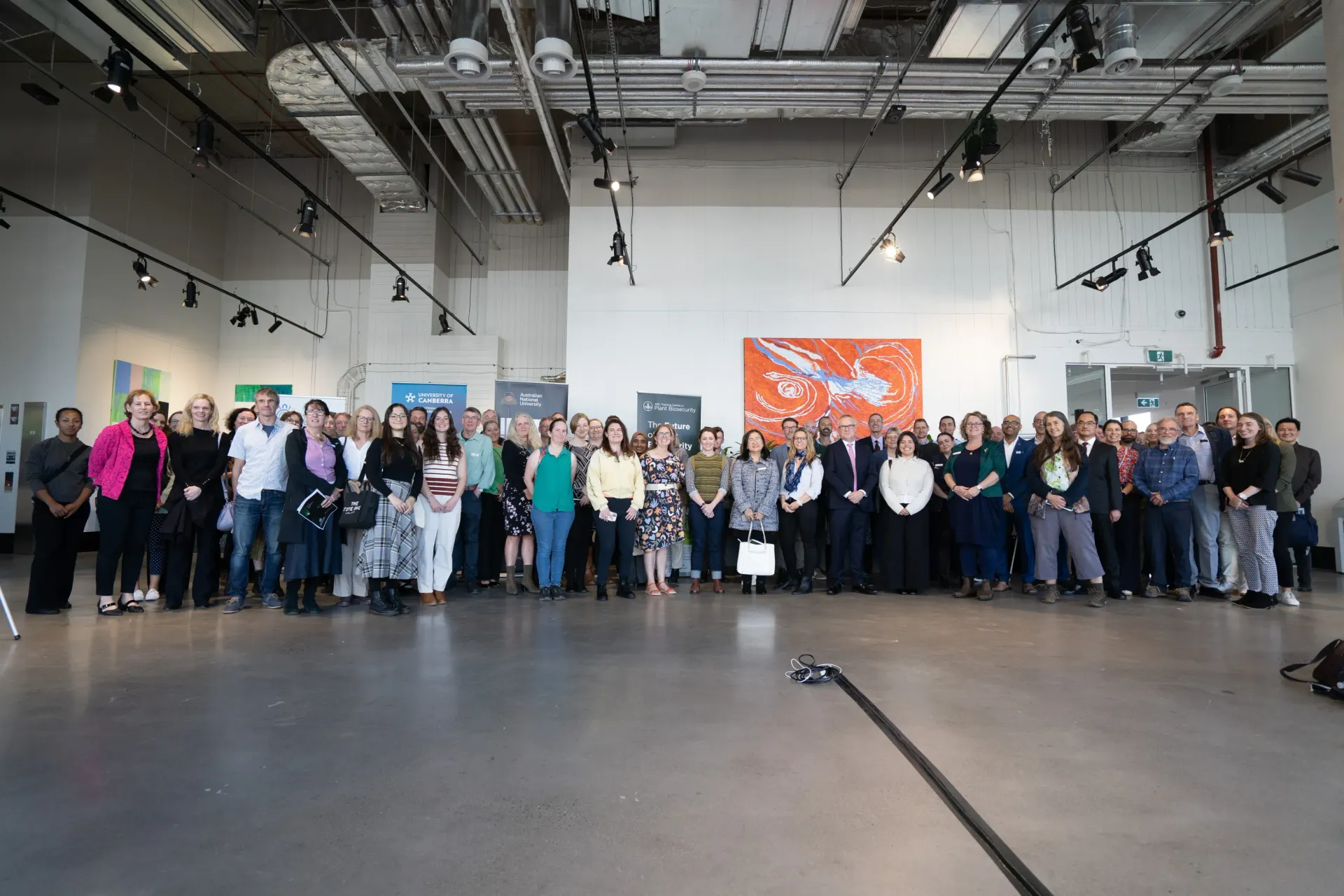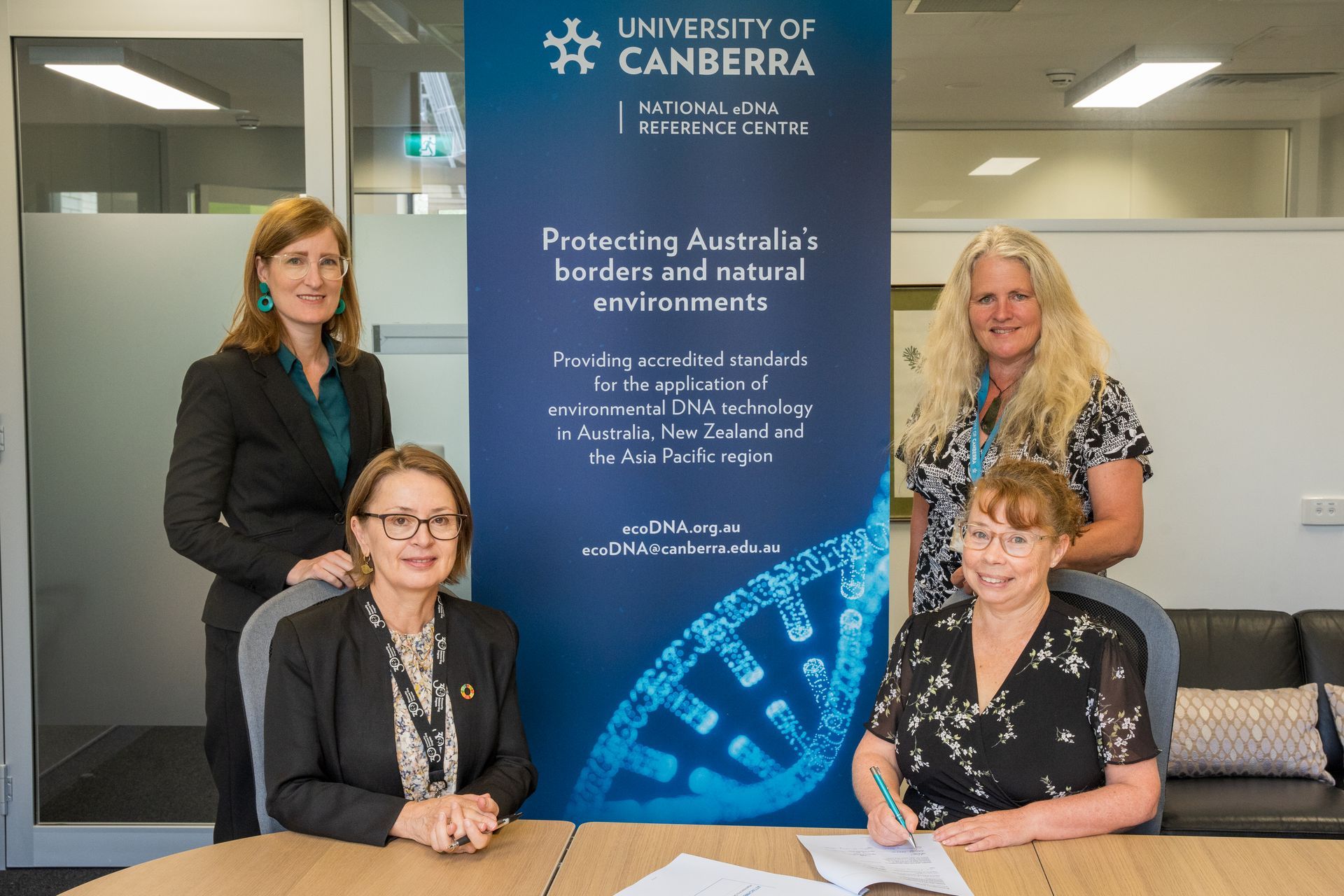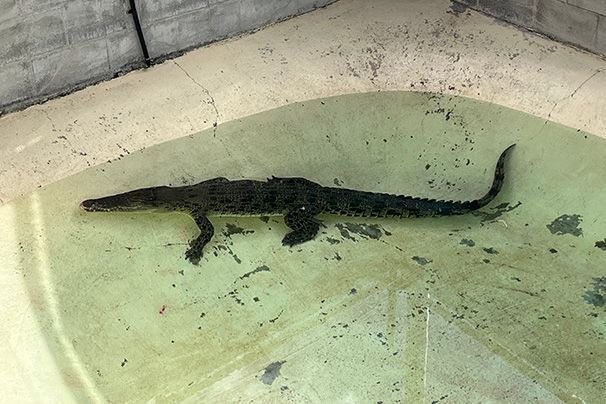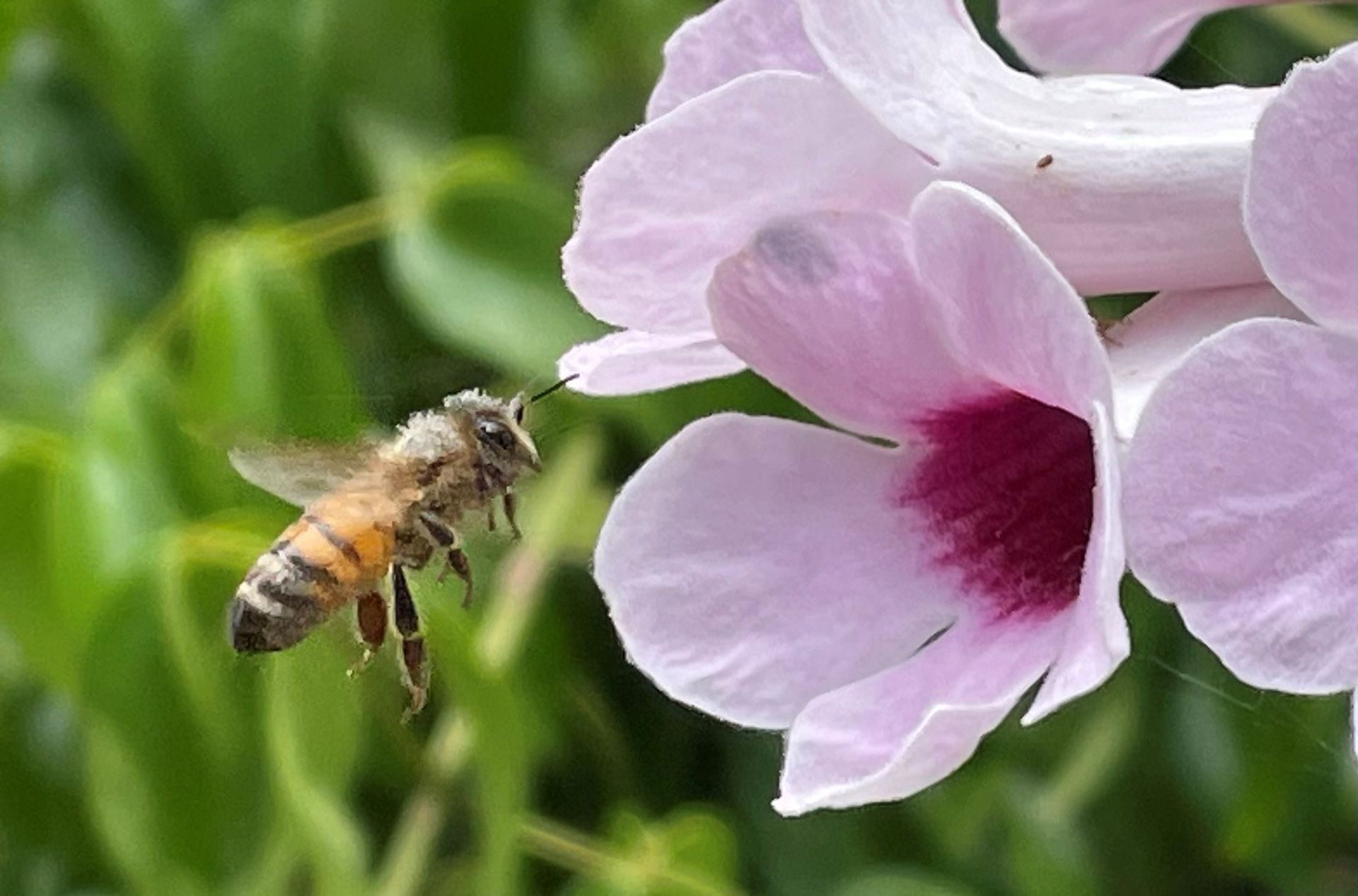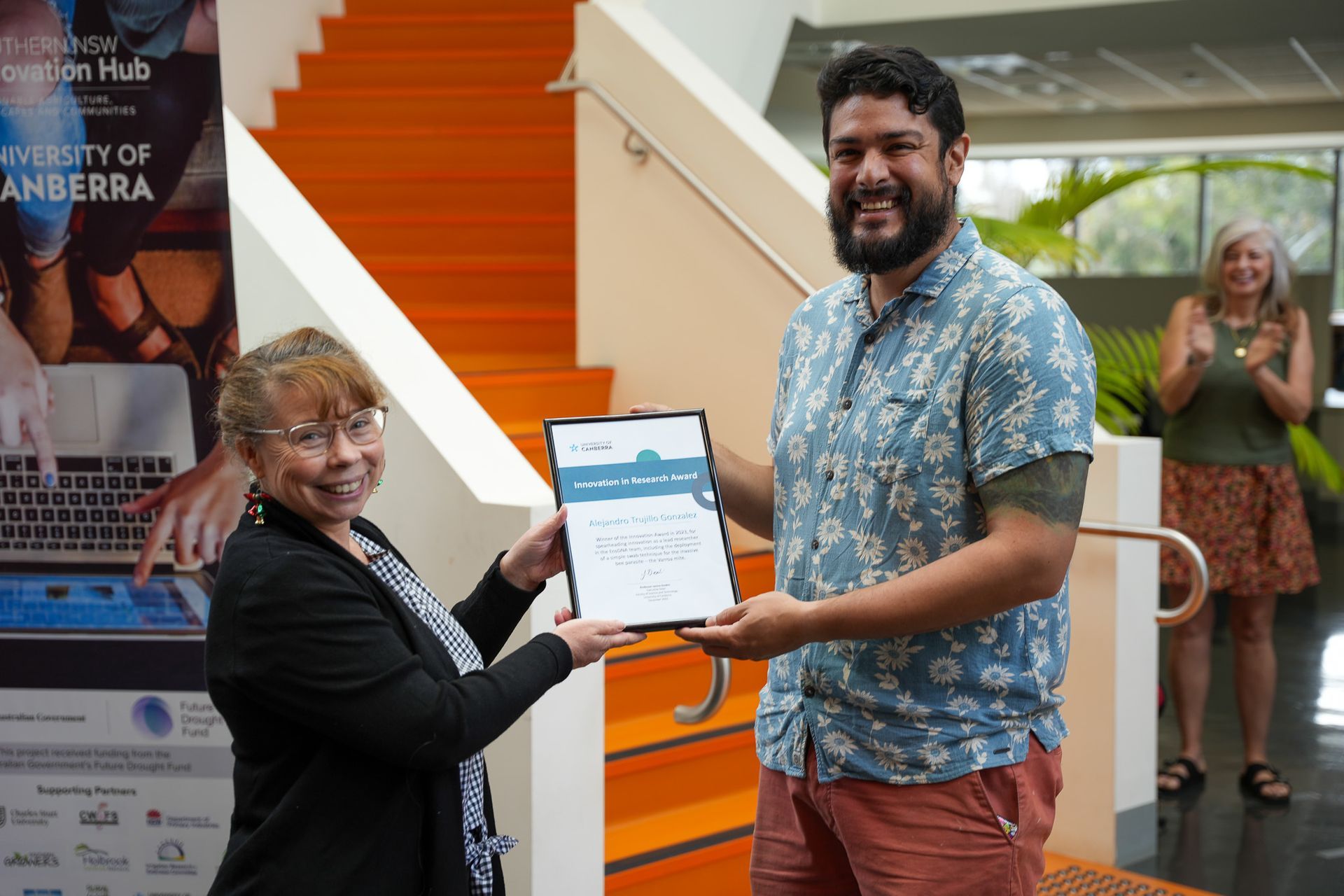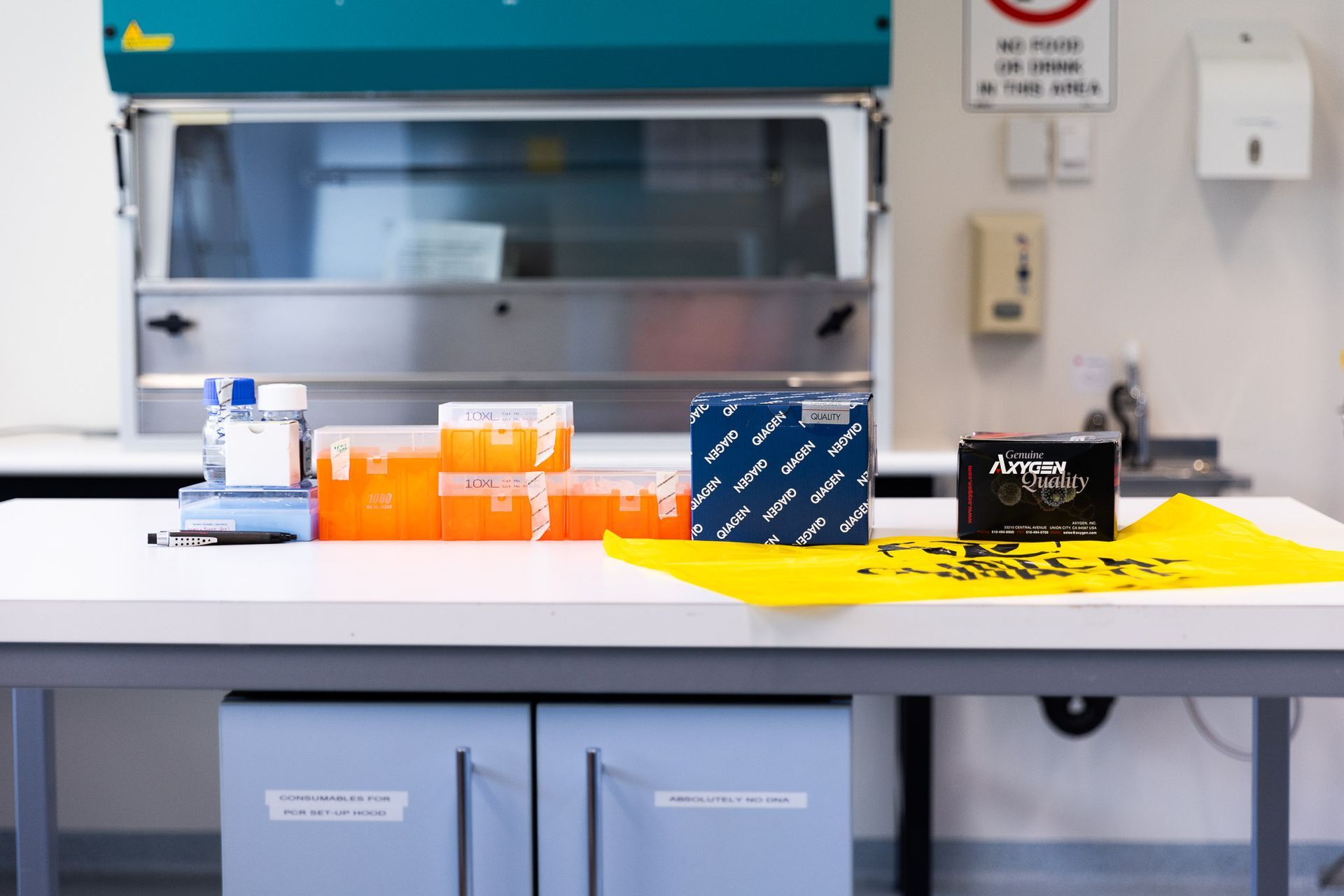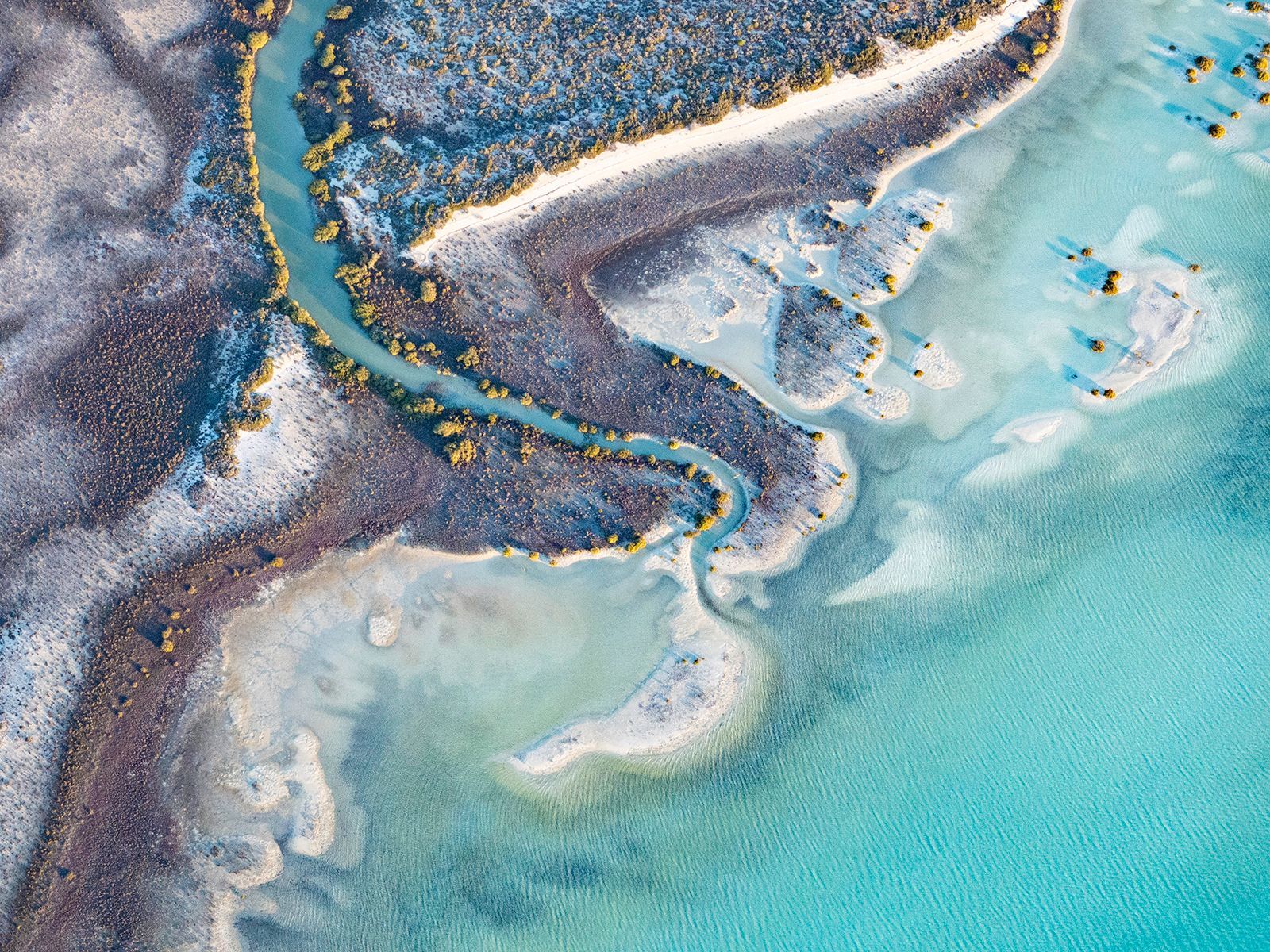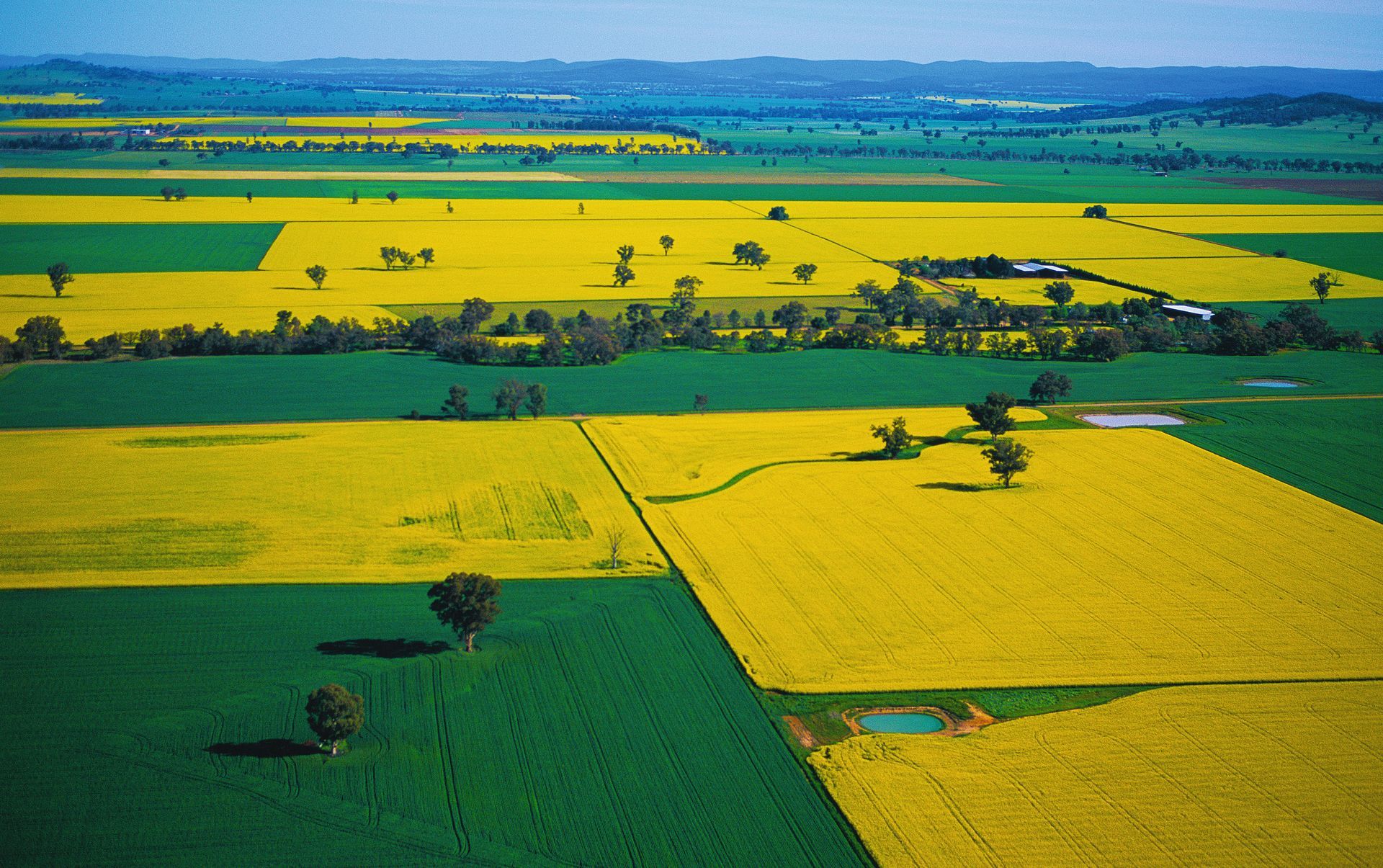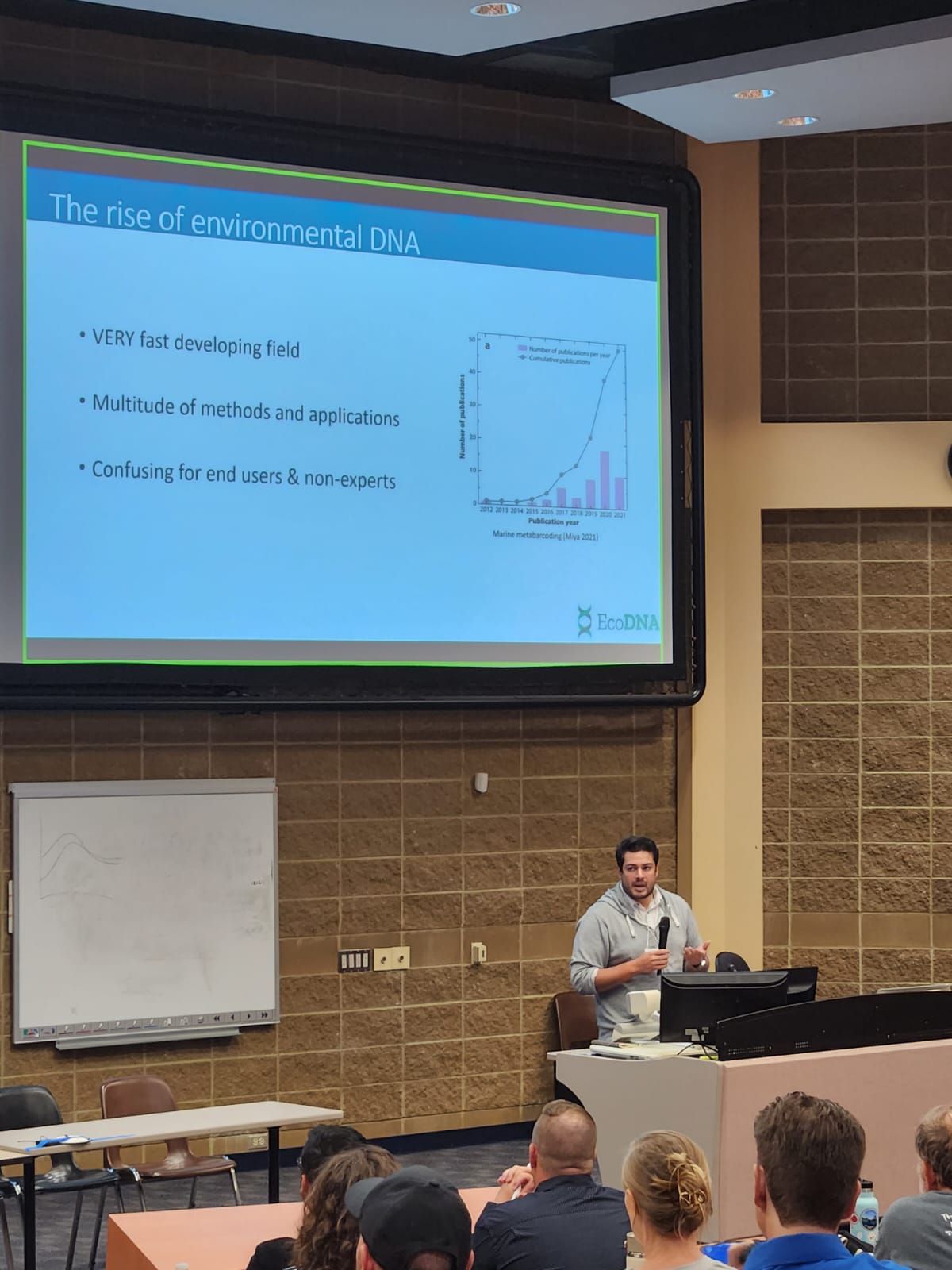Share this article
Dr Elise Furlan has been awarded the prestigious Discovery Early Career Research Award (DECRA) from the Australian Research Council and will receive $438,909 in funding.
Dr Furlan’s research project will be conducted over three years, studying the application of eDNA to extract more detailed population information, focusing specifically on the redfin blue eye (Scaturiginichthys vermeilipinnis), a small, critically endangered fish isolated to Edgbaston Reserve, managed by national conservation not-for-profit Bush Heritage Australia, in central Queensland. The project includes field trips to the reserve to gather water samples that will be filtered and brought back to the University’s specialised Trace DNA labs for analysis.
“I’m honoured to receive this funding from the Australian Research Council to further develop eDNA methods that could help conservation efforts for endangered species like the redfin blue eye,” Dr Furlan said.
Traditional DNA sampling involves taking tissue samples from individuals and can be an expensive and challenging method for species monitoring. It can be incredibly difficult for aquatic, nocturnal, and endangered species, because they can be challenging to trap for tissue samples. These invasive methods can also result in the species being stressed, injured or even killed during the process. The eDNA method is rapid, convenient, non-invasive, low-cost, and typically does not require ethics approval for involved research.
“With eDNA, we can target those trace bits of DNA to understand the genetic makeup of a species in that environment without needing tissue samples,” Dr Furlan said.
While researchers can use eDNA for a general biodiversity survey, or investigate the presence or absence of a species, Dr Furlan will be targeting the information of a species’ genome where a sample is taken.
“I’m trying to target detailed, population level information to learn not only if the species is there, but how the populations we find differ by area – for instance, whether there is migration between areas and populations, and a lot more from the data,” Dr Furlan said.
Other information Dr Furlan is hoping to investigate includes evolutionary history, population structure and hybridisation with applications for native species conservation, invasive species management, delineation of species boundaries, identification of hybrid zones, and more.
“If we can show this works accurately, it could potentially be a game changer for conservation. It could be applied to hundreds - even thousands - of species across the world because it’s more efficient, convenient, ethical, and cost-effective than using tissue samples, but still provides valuable information about a population,” Dr Furlan said.

